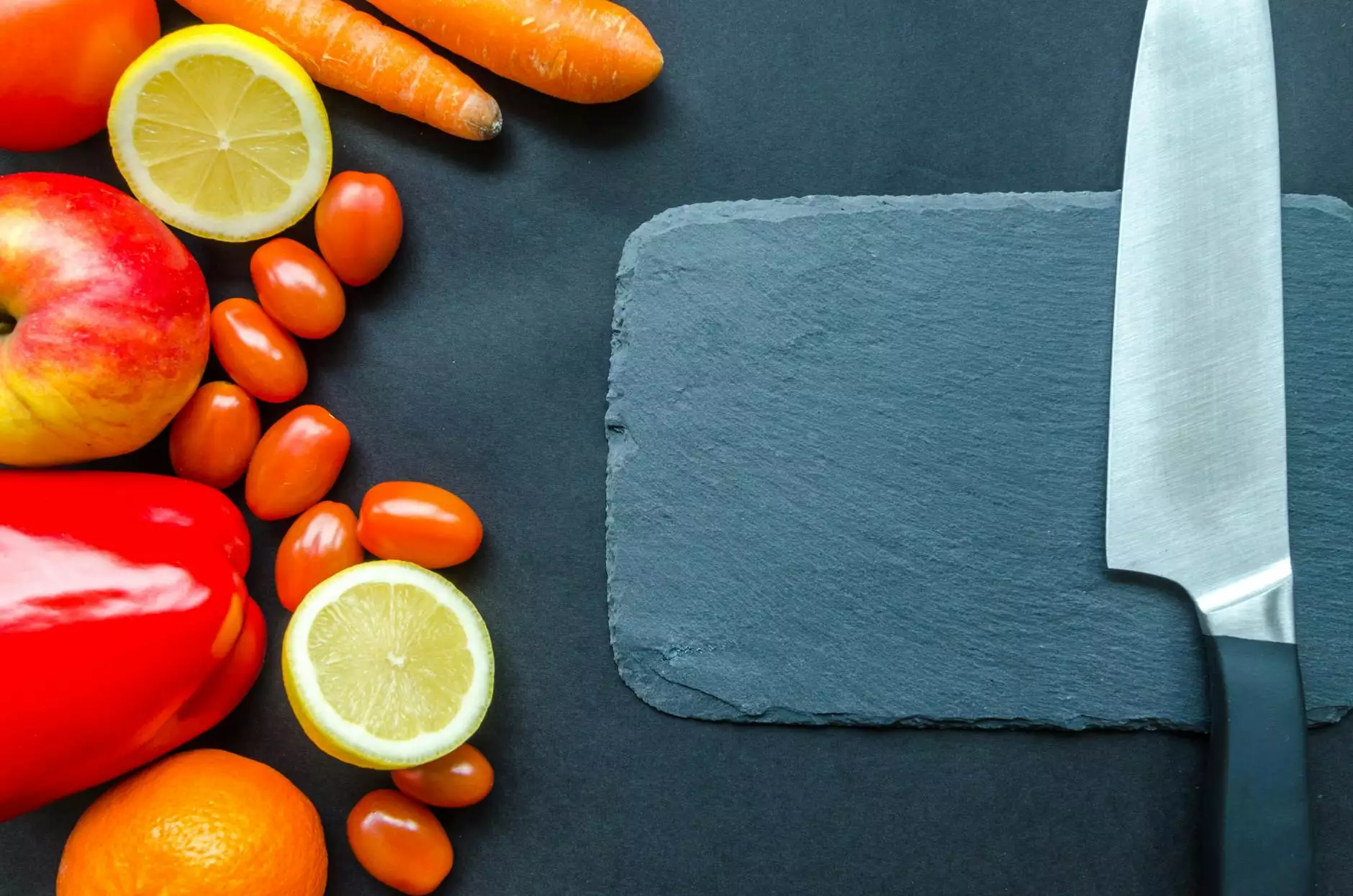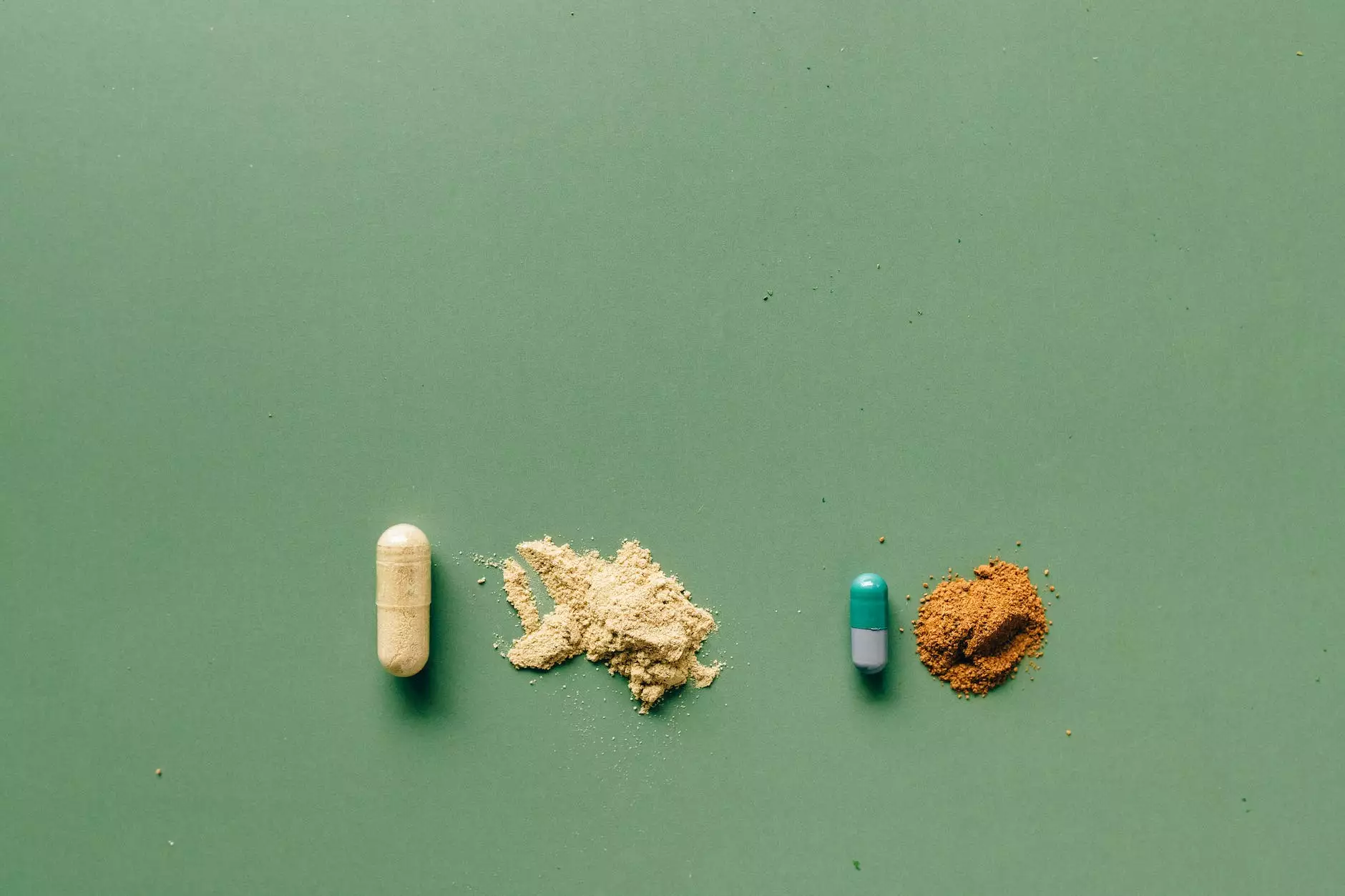The What and Why of Anti-inflammatory Diet

Introduction
Welcome to Redding Integrative Medicine, your trusted source for valuable information on alternative and natural medicine. In this article, we will delve into the concept of an anti-inflammatory diet and its significance in maintaining optimal health. Our team of experts aims to provide comprehensive insight into this topic to equip you with the knowledge you need for a healthier lifestyle.
Understanding Inflammation
Inflammation is a natural response by the body's immune system to protect against harmful stimuli, such as pathogens, injuries, or damaged cells. Acute inflammation is a short-term process that helps the body fight infections and promote healing. However, when inflammation becomes chronic, it can lead to various health issues, including cardiovascular diseases, autoimmune disorders, and even cancer.
The Role of Diet in Inflammation
Research has increasingly shown that certain foods can either exacerbate or alleviate inflammation in the body. An anti-inflammatory diet emphasizes the consumption of whole, unprocessed foods that are rich in nutrients and antioxidants. By incorporating these foods into your daily meals, you can potentially reduce chronic inflammation and improve overall well-being.
Key Components of an Anti-inflammatory Diet
1. Fruits and vegetables: Colorful fruits and vegetables are packed with essential vitamins, minerals, and antioxidants that combat inflammation. Incorporate a variety of berries, leafy greens, cruciferous vegetables, and citrus fruits into your diet.
2. Healthy fats: Include sources of healthy fats like avocados, olive oil, nuts, and seeds. These fats contain omega-3 fatty acids, which have anti-inflammatory properties.
3. Whole grains: Opt for whole grains such as brown rice, quinoa, and oats, which are rich in fiber and help regulate blood sugar levels. Avoid refined grains and processed foods.
4. Lean proteins: Choose lean protein sources like fish, poultry, legumes, and tofu. These provide essential amino acids and help in reducing inflammation.
5. Herbs and spices: Incorporate herbs and spices like turmeric, ginger, garlic, cinnamon, and rosemary into your cooking. These have potent anti-inflammatory properties.
Additional Tips for an Anti-inflammatory Lifestyle
1. Stay hydrated: Drink plenty of water throughout the day to support overall health and maintain proper bodily functions.
2. Manage stress: Chronic stress contributes to inflammation in the body. Practice relaxation techniques, such as meditation, yoga, or deep breathing exercises, to reduce stress levels.
3. Regular physical activity: Engage in regular exercise to promote circulation, reduce inflammation, and support overall well-being.
4. Avoid processed foods: Processed foods often contain high amounts of refined sugars, unhealthy fats, and additives, which can trigger inflammation. Opt for whole, natural foods instead.
Consult with Our Experts
At Redding Integrative Medicine, we prioritize your health and well-being. Our team of qualified professionals specializes in alternative and natural medicine, including the implementation of anti-inflammatory diets. We offer personalized guidance and treatment plans tailored to your individual needs. Contact us today to schedule a consultation and embark on your journey towards improved health.










